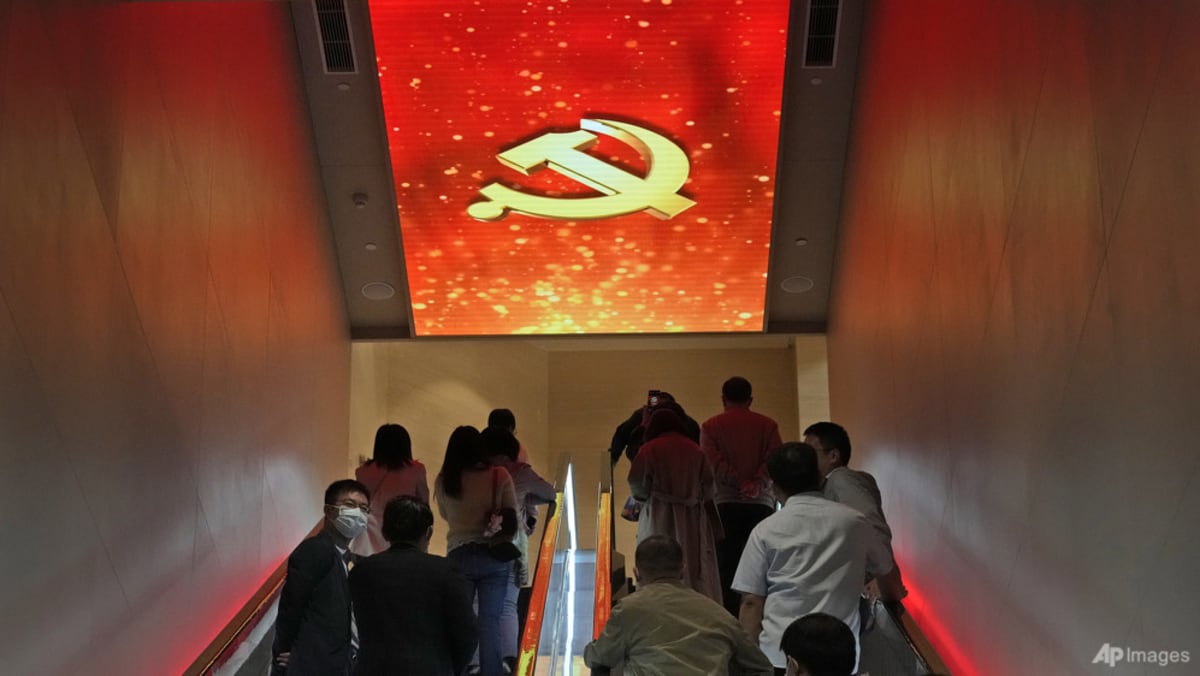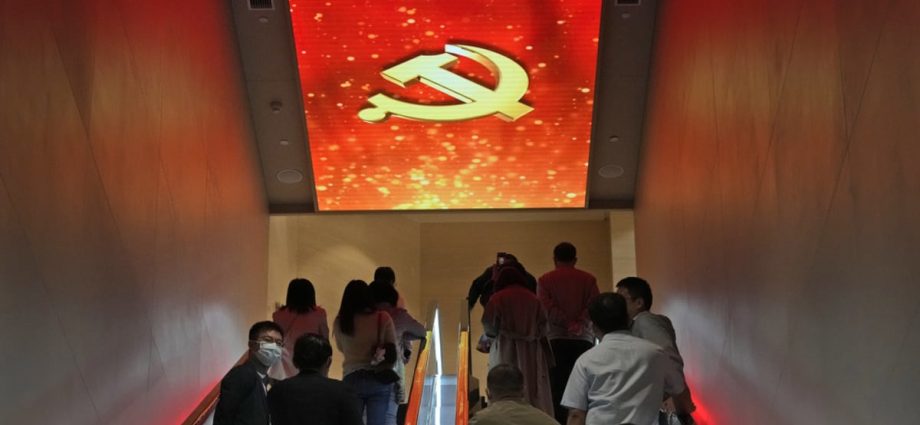
In Xi’s keynote speech to the party’s disciplinary apparatus in January, he told anti-corruption watchdogs to “strengthen the education, management and supervision of young cadres” and ensure they “fasten the first button in their political career right”.
Xie said the Communist Party was “in no hurry” to cross the 100 million-member mark, as it had already achieved a critical mass to cover every aspect of China. Instead, the party was having “a clearer focus on quality” as it faced struggles with internal and external pressures.
“As the United States and its allies are determined to fracture China’s rise, we will continue to see unprecedented challenges. The party needs fresh blood who can stand firm, stay loyal and perform well under pressure,” Xie said.
“Those who join the party to climb the power ladder will become the party’s liability in the long run, as they will fall for temptations and become the weakest link. Besides the disciplinary committee’s sweeping anti-corruption works to catch the corrupted elements who are already in the system, the organisation department has also tightened the front-end screening process in recent years to filter out those who have shown signs of weakness.”
A party official who handles university recruitment said that besides the direction of going for quality, COVID-19 was part of the reason for the drop in recruitment of the youngest members.
“All party organs were called in to control the spread of the pandemic, including the organisation department. It caused some delay in approval of applications because some party committees could not meet due to social distancing measures,” the source said.
“Also, many applicants were put to the test in the COVID-19 control works. While most of them did well, we did see people who were not fully prepared to go through the thick and thin with the party during critical periods,” he said.
A Beijing-based political researcher said the screening of prospective party members was going to be further tightened after a slew of Chinese universities saw students protesting against the country’s strict COVID-19 controls in November.
“This is regarded as a political struggle as Beijing indicated there are elements of ‘colour revolution’. Those who are found to have taken part in the protests will have problems to clear their political review,” said the researcher, who declined to be named due to the sensitivity of the matter.

